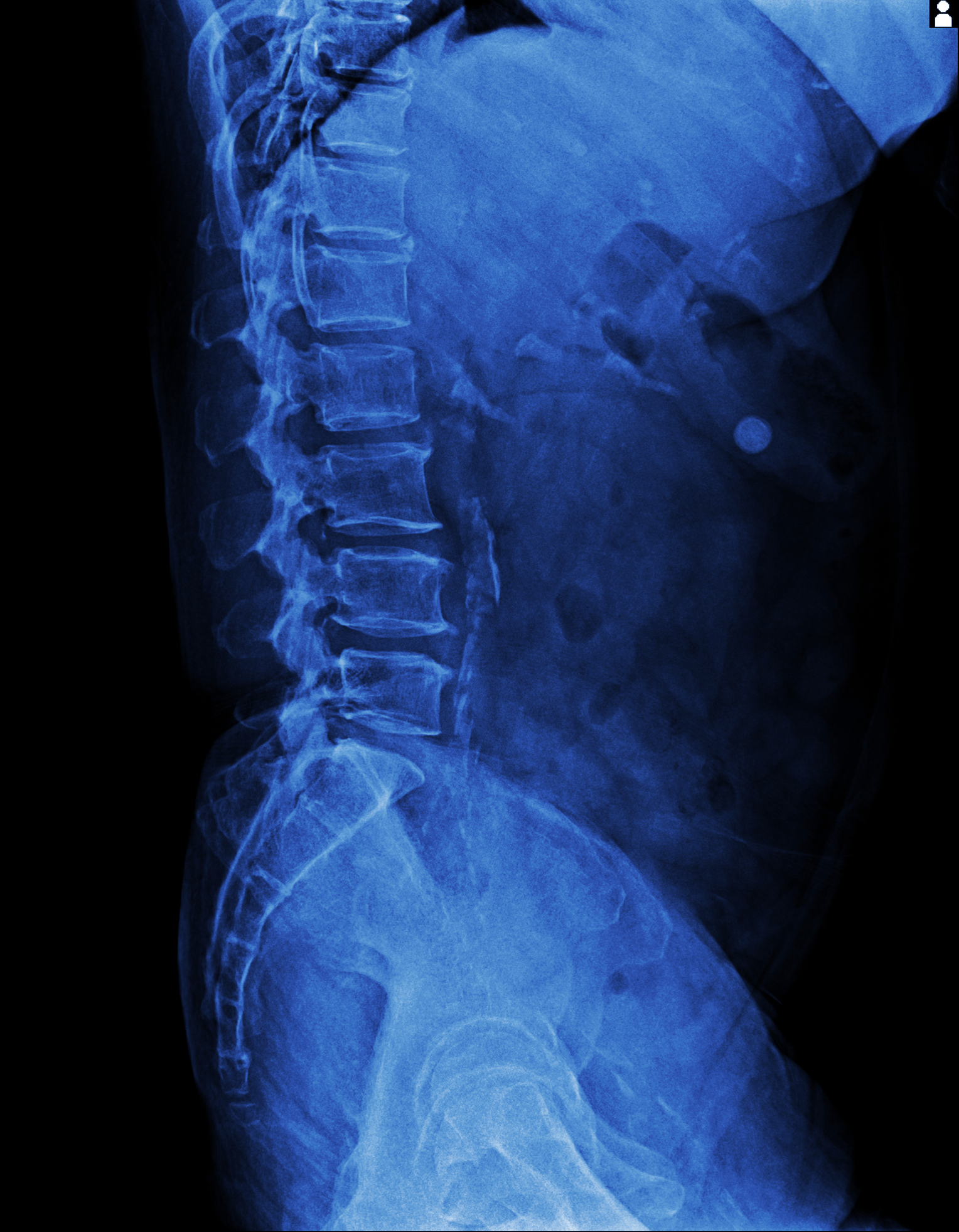
Herniated Disc
Serving the South Florida area with locations in Hollywood and Miami, FL
Dr. Andreas C. Tomac, MD, PhD, FAANS is a distinguished neurosurgeon specializing in diagnosing and treating Herniated Disc.
Treating Herniated Disc

How is a Herniated Disc diagnosed?
Diagnosing a herniated disc involves a comprehensive evaluation. The steps typically include:
- Medical History: Dr. Tomac gathers a detailed medical history, including information about the onset, duration, and characteristics of symptoms, as well as any relevant risk factors or previous spinal conditions.
- Physical Examination: A thorough physical examination is conducted to assess the patient’s range of motion, reflexes, muscle strength, and any signs of neurological involvement. Dr. Tomac may perform specific tests to identify areas of tenderness or abnormalities.
- Imaging Studies: Imaging tests, such as X-rays, Magnetic Resonance Imaging (MRI), or Computed Tomography (CT) scans, may be ordered. These tests provide detailed images of the spine, allowing visualization of the disc and identification of herniation.
- Nerve Conduction Studies (Electromyography – EMG): These studies may be conducted to assess nerve function and identify areas of nerve compression or damage.
- Discography: In some cases, discography may be recommended. This involves injecting a contrast dye into the affected disc to assess its structure and identify areas of leakage.

What treatments are available?
Treatment options for Flatback Syndrome may vary based on the severity of symptoms and the individual’s overall health. A neurosurgeon like Dr. Tomac can provide expertise in both non-surgical and surgical interventions. Common treatment approaches include:
Conservative Treatments:
- Physical Therapy: Targeted exercises to improve posture, strengthen muscles, and enhance flexibility.
- Pain Management: Medications for pain relief, including nonsteroidal anti-inflammatory drugs (NSAIDs).
- Lifestyle Modifications: Recommendations for maintaining a healthy lifestyle, including avoiding prolonged standing or walking.
Interventional Procedures:
- Epidural Steroid Injections: Injections into the epidural space to deliver anti-inflammatory medication and reduce pain and inflammation.
Surgical Options:
- Spinal Fusion: Surgical procedure to stabilize the spine and restore proper alignment. This may involve fusion of specific vertebrae to maintain curvature.
- Osteotomy: Surgical procedure to correct the alignment of the spine by removing or repositioning bone segments.
